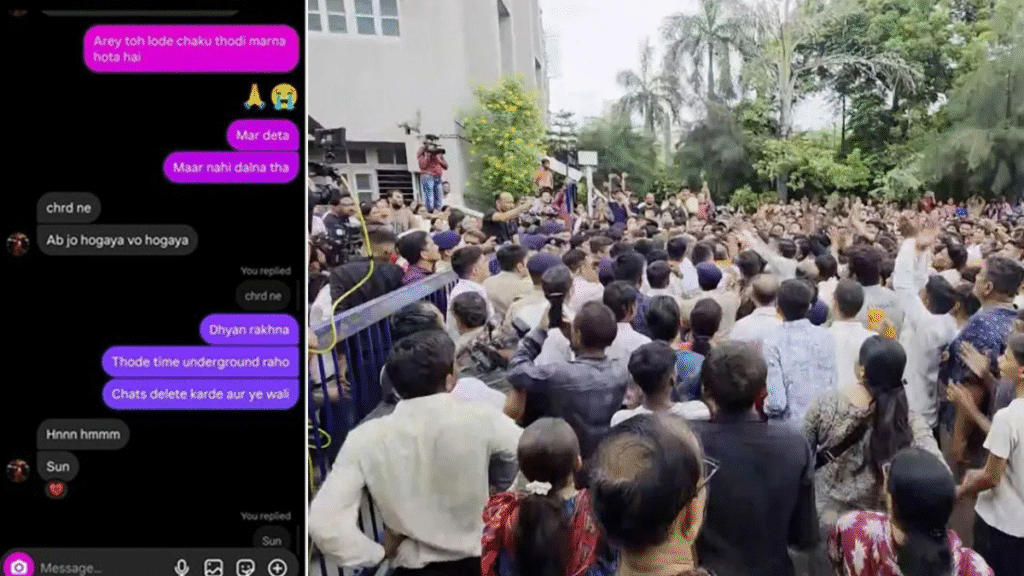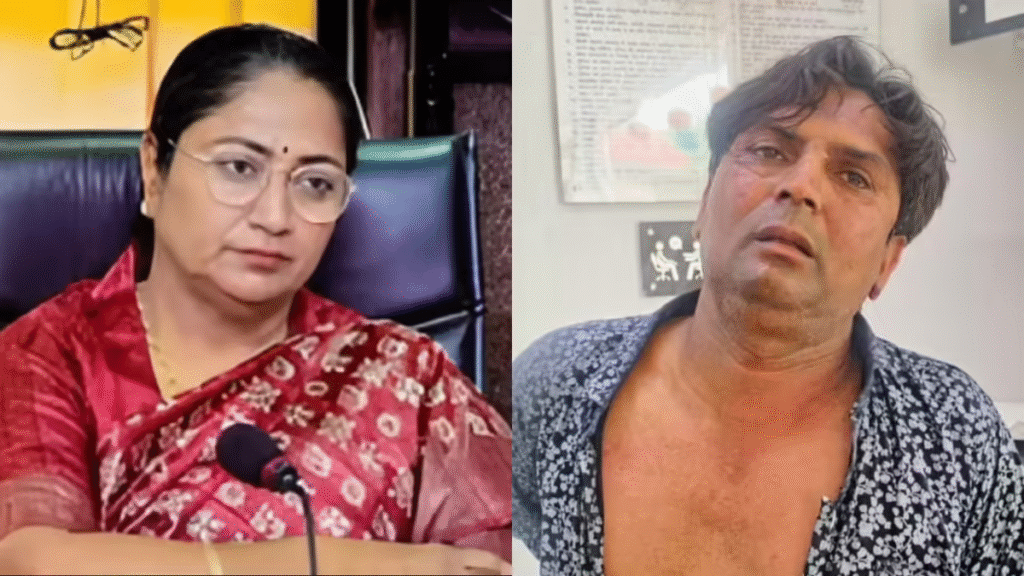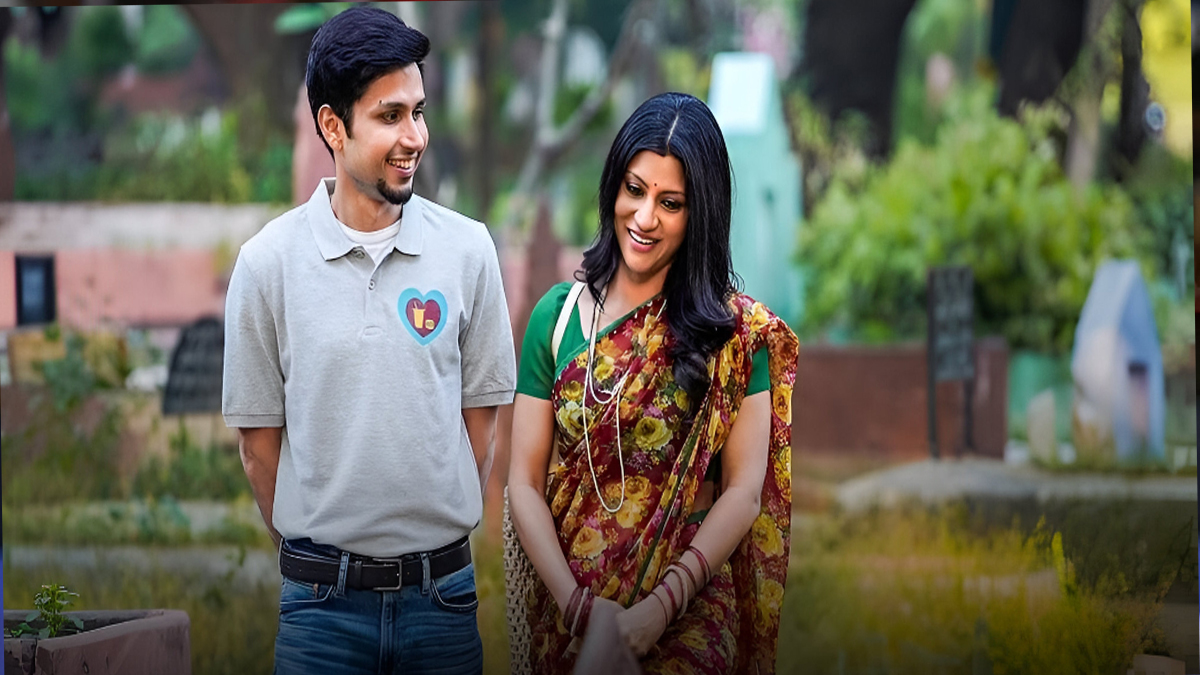Now Reading: Vat Purnima 2025: A Celebration of Marital Devotion and Longevity on Jyeshtha Purnima
-
01
Vat Purnima 2025: A Celebration of Marital Devotion and Longevity on Jyeshtha Purnima
Vat Purnima 2025: A Celebration of Marital Devotion and Longevity on Jyeshtha Purnima

Vat Purnima, a deeply revered Hindu festival, is celebrated by married women across India, particularly in Maharashtra, Gujarat, and parts of Southern India, with immense faith and devotion. This auspicious day, which often coincides with Jyeshtha Purnima, the full moon day of the Hindu month of Jyeshtha, is dedicated to honoring the unwavering love and commitment of a wife towards her husband. In 2025, Vat Purnima is being observed on Tuesday, June 10th.
Date and Time for Vat Purnima 2025:
While the Purnima Tithi (full moon phase) officially extends into the next day, the core rituals and fasting for Vat Purnima are traditionally observed on June 10th, following the “Udaya Tithi” (the tithi prevailing at sunrise) principle.
- Purnima Tithi Begins: June 10, 2025, at 11:35 AM
- Purnima Tithi Ends: June 11, 2025, at 01:13 PM
- Puja Muhurat (June 10): Approximately 08:52 AM to 02:05 PM
- Moonrise (Chandrodaya on June 10): Approximately 06:44 PM
The Legend of Savitri and Satyavan: The Heart of Vat Purnima
The profound significance of Vat Purnima lies in the timeless tale of Savitri and Satyavan, an epitome of marital fidelity and unwavering determination. According to Hindu scriptures like the Mahabharata, Savitri, the intelligent and devoted wife of Satyavan, famously outwitted Lord Yama, the God of Death.
Satyavan was destined to die young. Despite knowing this, Savitri chose to marry him. On the predicted day of his demise, Savitri followed Satyavan to the forest. When Lord Yama arrived to claim Satyavan’s soul, Savitri, through her relentless arguments, devotion, and steadfastness, engaged him in a profound philosophical discourse. Impressed by her wisdom and unwavering love, Lord Yama granted her several boons, ultimately leading to the restoration of Satyavan’s life. It was under the shade of a Banyan tree (Vat Vriksha) that this miraculous event unfolded.
Rituals and Observances:
Married women observing Vat Purnima undertake a strict fast from sunrise to sunset, abstaining from food and water, to pray for the longevity, health, and well-being of their husbands. The core rituals include:
- Early Morning Bath and Preparation: Women wake up before sunrise, take a purifying bath, sometimes with Amla (Indian gooseberry) and sesame seeds, and adorn themselves in traditional attire, often new sarees in auspicious colors like red or yellow.
- Worship of the Banyan Tree (Vat Vriksha): The central ritual involves worshipping the Banyan tree. Women visit a Banyan tree and circumambulate it, traditionally seven or twenty-one times, while tying a sacred thread around its trunk. This act symbolizes the protective embrace of the wife for her husband and the eternal bond of marriage.
- Offerings and Prayers: Offerings such as water, flowers, turmeric, vermilion (sindoor), fruits (especially five types), rice with turmeric (akshata), and sweets are made to the Banyan tree.
- Recitation of Vat Savitri Katha: Women listen to or recite the legendary story of Savitri and Satyavan, which reinforces the values of devotion, courage, and marital bliss.
- Worship of Deities: Alongside the Banyan tree, deities like Lord Brahma, Lord Vishnu, Lord Shiva (who are believed to reside in the Banyan tree), Goddess Savitri, and Lord Yama are also worshipped.
- Breaking the Fast: The fast is typically broken in the evening after sighting the moon and performing a final set of prayers. Some women also symbolically wash their husband’s feet and fan them as a gesture of respect and devotion.
Significance of Vat Purnima and Jyeshtha Purnima:
- Marital Bliss and Longevity: The primary significance of Vat Purnima is to pray for the long life, prosperity, and well-being of the husband. It is believed that observing this fast with sincerity and devotion brings immense blessings for a happy and harmonious married life.
- Symbolism of the Banyan Tree: The Banyan tree, known for its longevity and expansive branches, symbolizes immortality, strength, and resilience. Its worship on this day is a prayer for similar attributes in the marital bond.
- Power of a Wife’s Devotion: The festival reinforces the traditional Hindu belief in the immense spiritual power and devotion of a virtuous wife.
- Jyeshtha Purnima’s Broader Significance: Jyeshtha Purnima itself holds broader spiritual importance. It is considered auspicious for charity (Daan), particularly of cooling items like water, fans, and fruits, given the hot summer month. Devotees also worship Lord Vishnu, Goddess Lakshmi, and Lord Chandra (the Moon God) on this day, seeking blessings for peace, prosperity, and spiritual growth. Reciting the Satyanarayana Katha on Jyeshtha Purnima is also considered highly auspicious.
Vat Purnima is more than just a fast; it is a vibrant expression of cultural heritage, familial values, and the enduring power of love and dedication in a marriage. It is a day when traditions come alive, fostering a sense of community and reinforcing the sacred bond between husband and wife.










